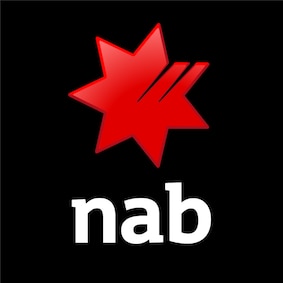A business savings account allows you to earn interest on your business funds when you’re not using them. These accounts are like standard savings accounts, except they’re designed for business use instead of personal use.
Reasons to open a separate business saving account
A separate business savings account can complement your business bank accounts to help you achieve your financial goals. There are several reasons why your business might need a business savings bank account.
When setting up in business, it’s important to separate personal finances from company money especially if you’re a small business or a sole trader. Here’s why you need a separate business bank account.
A separate savings bank account for your business makes life a lot easier to get your books in order, especially at tax time. Some businesses choose to have more than one account to help manage their cashflow. Here are some reasons why you should consider opening a business savings account:
Earn interest
Savings accounts often earn interest, so businesses can earn additional income on the funds they have saved. While interest rates on savings accounts are typically low, every bit of extra income can help.
Keep a cash reserve
Having a savings account can also serve as a cash reserve, allowing businesses to quickly access funds in case of unexpected expenses or opportunities.
Having a business savings account allows your business to set aside money for unexpected events such as natural disasters, equipment failures or unexpected expenses. It also may give you the flexibility to quickly take advantage of time-sensitive opportunities, such as discounted stock purchases.
Set aside funds for tax and expenses
If you manage your cashflow well you should have sufficient cash when business expenses and payments are due. Businesses often get caught out due to poor cash management, a common example is when they receive a large tax bill after lodging a BAS, but there's no funds available to pay the bill.
Having a separate savings account lets you set aside funds for expenses that need to be paid at a known future date, such as GST, PAYG withholding tax, rent and insurances.
By separating these funds, you'll be able to more clearly see what is available to spend in your main bank account, and have the peace of mind that the cash is available when tax and expenses are due.
Manage seasonal cash flow
Businesses that have seasonal sales may need a savings account to manage cash flow during the off-season. By setting aside funds during the high season, businesses can ensure they have enough cash to cover expenses during the slower months.
Save for capital expenditure
Businesses may also need to save money for large capital expenditures such as new equipment or renovations. Having a dedicated savings account for these expenses can make it easier to budget and plan for these costs.
Other business moments
Do I need a separate business bank account?
Find out why it’s a good idea to keep your business and personal banking separate.
Find out if you’re suited to running a business
Use our checklist to help you determine if you have what it takes.
Importing: how to grow your business internationally
Make the most of opportunities to expand your business overseas.
Get in touch
Contact us
Visit our business banking contact page for how-to-guides and FAQs, as well as contact numbers.
Visit a NAB branch
Our business bankers are located all around Australia.
Terms and Conditions
Apologies but the Important Information section you are trying to view is not displaying properly at the moment. Please refresh the page or try again later.
The information contained in this article is intended to be of a general nature only. It has been prepared without taking into account any person’s objectives, financial situation or needs. Before acting on this information, NAB recommends that you consider whether it is appropriate for your circumstances. NAB recommends that you seek independent legal, financial and taxation advice before acting on any information in this article.

